“First, I have to say that without exception, I have enjoyed this course more than any other that I have taken…. … and I am an education Junkie, so there have been many.” (Colleen McCarvill) If you’re a pet guardian, working professionally with animals or even teaching about animal training, this is for you! Successful animal training will help improve your relationship to your animal, reduce fear and stress, and empower the animal to take an active part of his own care. Plus, it’s really fun! 😍 But, in order to teach animals effectively, you need to understand why they do what they do, communicate what you desire and motivate them to go along with your suggestions. I can help you achieve that. “My world has opened up because of you. I have run through the course a second time, and I feel totally transformed as a dog trainer. It was your influence that has consolidated my passion for force-free, fear-free, pain-free and anger-free training methods. I have started using many of the techniques with a handful of clients with amazing results.” (Orlando dos Santos) I used to be late for school as a kid. My mother was mystified, because she sent me off with plenty of time to spare – and yet, 8-year old Karolina would invariably arrive at the classroom door after the bell rang. So, mom decided to tag along to see why a 12-minute walk took almost half an hour. And she realized that I stopped to engage with all the critters in the small patch of forest that I passed on my way to school. “Look mom, a dead mouse baby!” I exclaimed, pointing to a small shriveled silhouette half-hidden among the leaves. My mom loved telling this story, relating her frustrations with all the bugs and birds I showed her that morning. She told me to stop looking around and start walking (more like striding, actually), so that I could get to school on time and get down to the serious business of learning. But the thing is, I was learning. About habitats, behaviour, contexts. Well, that’s a sweet story, Karolina, but how is it relevant here? Thanks for asking. Well. I was on a learning journey. And my mom was unaware of it. And here’s why it’s relevant: Our animals are also on learning journeys. And we, their guardians, just like my mom, are often unaware of it – we’re ignorant of the fact that they’re learning in the first place, or what they’re learning – or that we can influence what they learn. The cat visiting the vet is on a learning journey. The dog, meeting another dog while out on a walk, is on a learning journey. The horse, being ridden by a new rider, is on a learning journey. “I wish I’d known this in the beginning of training my horse – it took me a long time figuring out that there’s more at play than just good or bad timing and the right choice of reinforcers. Everybody should know these foundations.” (Christine Dosdall) Typically, it’s not until the animal becomes fearful, aggressive or destructive that we start wondering where they might have picked up that undesirable behaviour. And once that’s happened, veterinary consultations, hiring a trainer or behaviour consultant to help address that problem behaviour could easily become very costly. On the other hand, being aware of, and indeed in charge of, the animal’s learning journey can help you avoid those expenses, the worry and the guilt. The passionate interest in animals has stayed with me, and I’m still on that learning journey. I’ve pored over different scientific disciplines with regards to animal behaviour, learning and welfare. Attended countless conferences about enrichment and training. Written more than a dozen scientific papers on those topics. I’ve spent more than 25 years teaching about why and how animals do what they do, and what we as animal caregivers can do to get happy animals that thrive with people. How we can help guide animals through their learning journey. How we can take charge of what the animal learns. I created the self-paced online course Getting Behaviour in order to teach soft, gentle and fun ways to get enthusiastic and willing learners. My students learn what modern animal trainers are doing to help animals adjust to living with humans! “This is a deceptively easy course. It starts slow and then hits you with insights that will change how you look at training and animal learning forever. Every module and almost every chapter contains a small gem, together with awesome video evidence of what is possible in animal training.” (Sabine Martini -Hansske) “I’ve been stuck in my training, despite taking several dog training classes. This course is full of theory, and it’s been fabulous – so fun and inspiring! And finally, I’m confidently and successfully using the clicker in my training!” (Lotta Bengtsson) Getting Behaviour is for three types of pet owners and animal professionals. “From my perspective, as a person who works with working dogs (assistance dogs and therapy dogs), this is mandatory knowledge. Definitely the best, most complete and most comprehensive education so far!” (Sergej Jonke) “I’ve never before joined an online course which offers such a broad perspective and in-depth explanations at the same time. I feel much more confident in training now, and I feel that I can make much more informed decisions before, during and after training an animal.” (Iris Starnberger) Find the main topics below. Additionally, there’s a Teachers’ Corner for each of the ten modules, where people teaching about training exchange ideas and experiences about teaching exercises that they’ve found effective – and where students can share their experiences being on the receiving end of creative and inspiring lessons! “I can’t express enough gratitude for everything I have learned. Training has become so much fun for both my horse and I. Our relationship has grown deeper and my ability to understand the how and why of her behavior is so much clearer. Thank you!!!!” (Karen Frame) The first Wednesday of every month, there’s a Bonus Live Q&A Session, where you can submit your questions and have them answered by me personally. Each live session is recorded and may be viewed until it is replaced by the next live broadcast a month later. The students who take full advantage of this bonus can get more or less monthly private coaching! When you become a student, you’ll be getting weekly emails while the course is being delivered, as well as monthly reminders about the live webinars. I’ll also keep you posted on my other free webinars, masterclasses, silly experiments, online courses and blog posts! ”This course was a breakthrough for me, after breeding and training horses for more than 25 years. Now I listen to my horses a lot more and most of all, I can understand what they are saying and why they behave the way they do in almost any situation.” (Kia von Platen) “How do I get the most out of the course?” By engaging in discussions, sharing your own training videos and helping each other problem solve – you’ll learn heaps! “Is it worth it?” If you work your way through this course and start making use of the content, life with animals will never be the same. You’ll find that it is priceless. “Is there a scholarship program?” There was, but it’s closed now, unfortunately. “Will it work for me?” The course is called Getting Behaviour – and that title has double meaning. It’s about “getting” as in understanding why animals do what they do, and also as in communicating and motivating them to do what you desire. So, your understanding will grow, and so will your ability to communicate and motivate. If your animal chooses not to comply with your wishes, you’ll understand why. “But I’m interested in dogs/horses/cats/parrots – wouldn’t I be better off taking a dog/horse/cat/parrot training course?” This may sound counter intuitive, but you’ll actually become a better dog trainer (or horse/cat/parrot trainer) by learning more about how to address and solve the challenges involved in training other animal species. This requires flexibility, which is one of the most important qualities in a great trainer. “I feel uncomfortable buying a course unseen – is there a sample available anywhere?” Sure – here is a sneak peek of the very first video of the course (out of 109). Toggle the CC-button at the bottom right to get subtitles. 🙂 In addition, four of the course chapters have been published on my blog: Do we need to redefine “training” – or “behaviour”; how aversives and distractors can muck up your animal training; how to teach a cue and how often should you train your animal? “What if I change my mind?” If you sign up and later feel that this course is not for you, there’s a 30-day refund policy. You’ll get your money back – guaranteed! This means that you can actually get free access to half the course content, since 5 modules are released by day 30. ”The course material is amazing, the amount of detail is excellent – you truly keep a remarkable standard!“ (Karen Strandbygaard Ulrich) The price of the transformational Getting Behaviour course is US$397:- plus taxes. If you’ve read this far, you’re now at a decision point. The animal can continue trotting down his learning journey on his own, or you can step in beside him. Build great relationships with the animals in your care. Make them happy and confident. Soar as a trainer – join us by clicking the button below! “I first discovered this course two years ago, initially assuming it was a basic program that didn’t pique my interest. Upon enrollment, I was genuinely astonished by the course’s depth – it delves even deeper than many professional trainer-focused courses I’ve taken, while consistently incorporating cutting-edge knowledge updates.“ (Lu Liu) Get happier animals that thrive with people – learn the foundations of animal training!
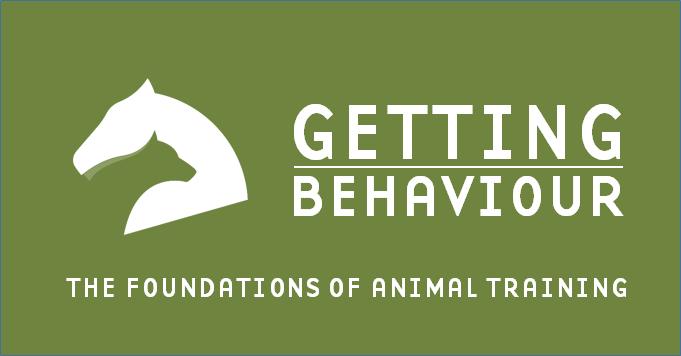



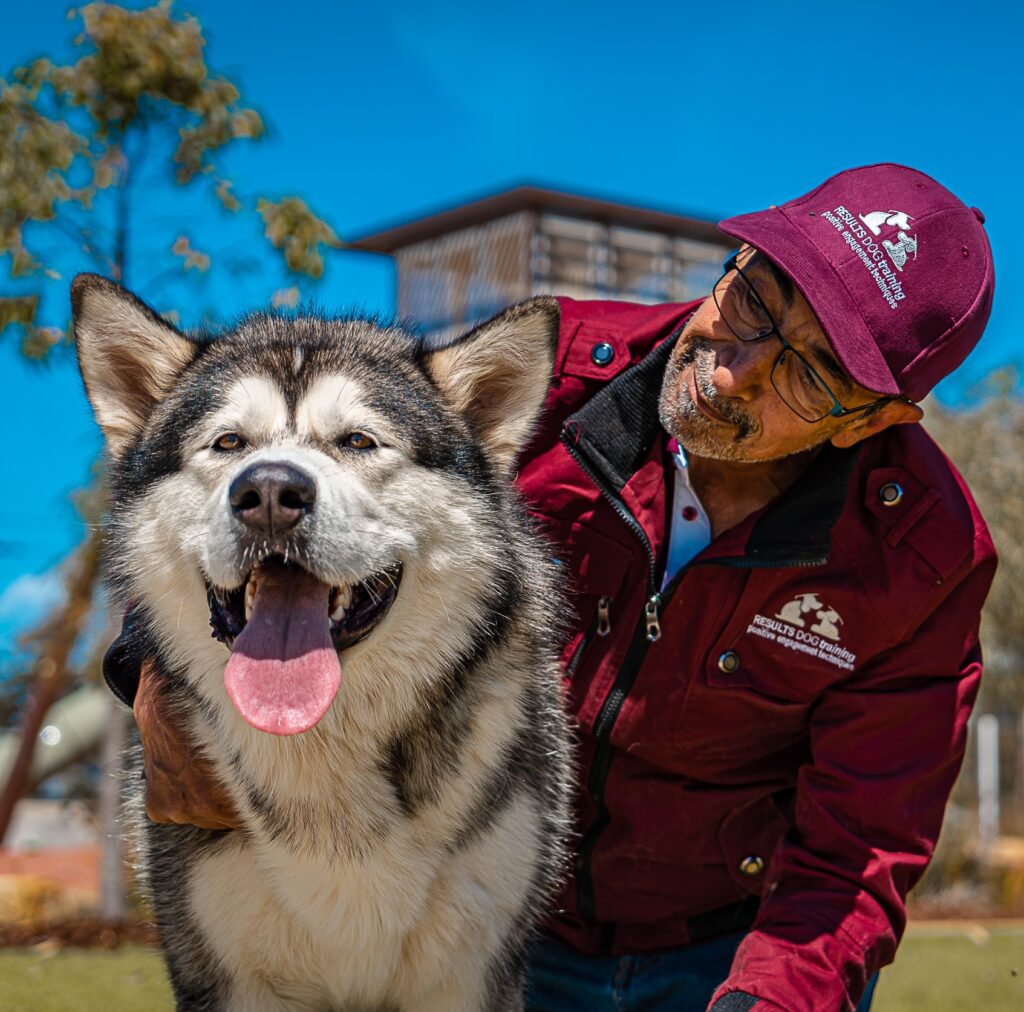
We’re all on a learning journey.
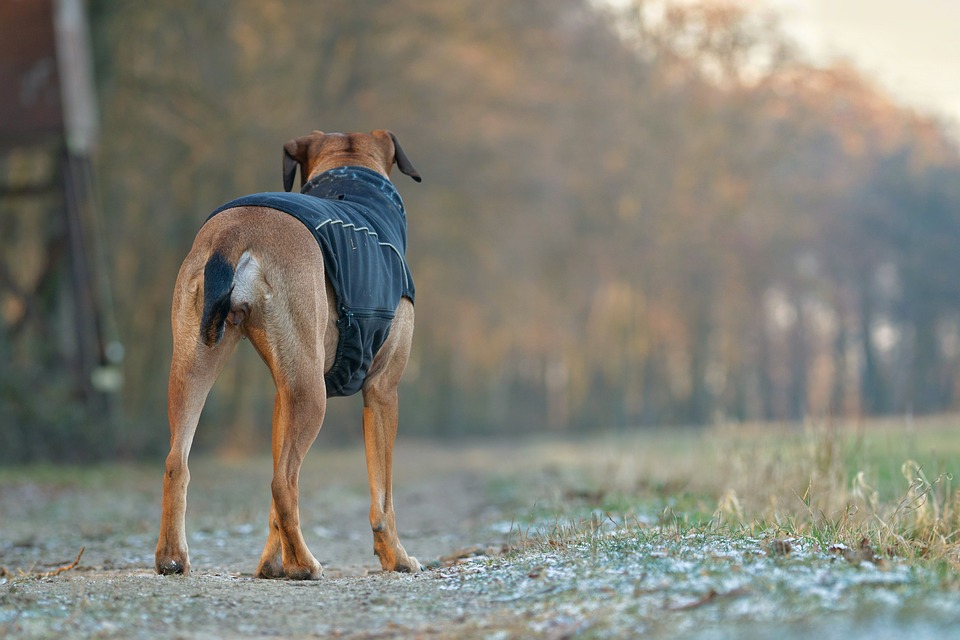


How will the Getting Behaviour course change your life – and that of your animal?
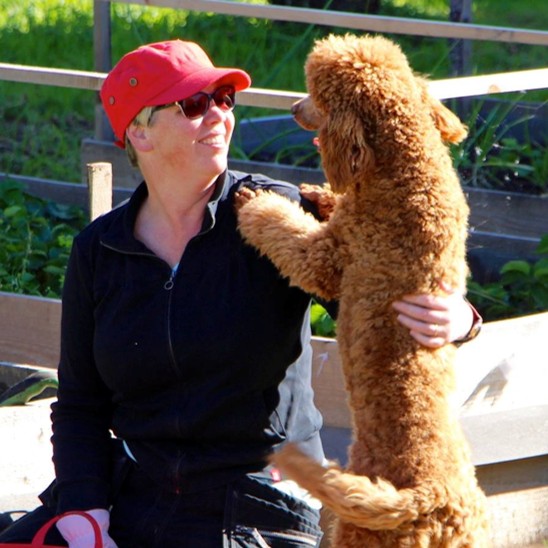
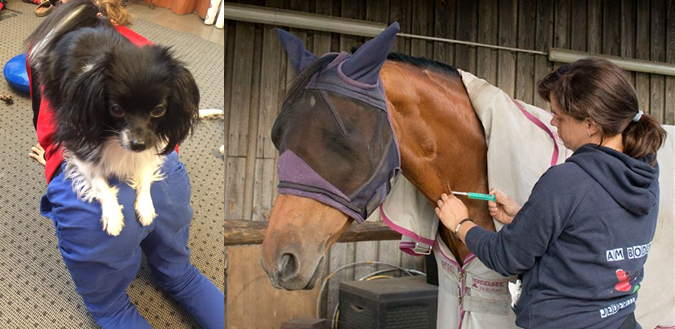
Who is this course for?
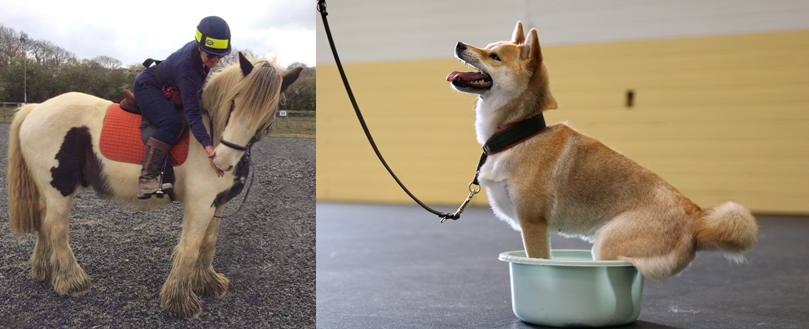
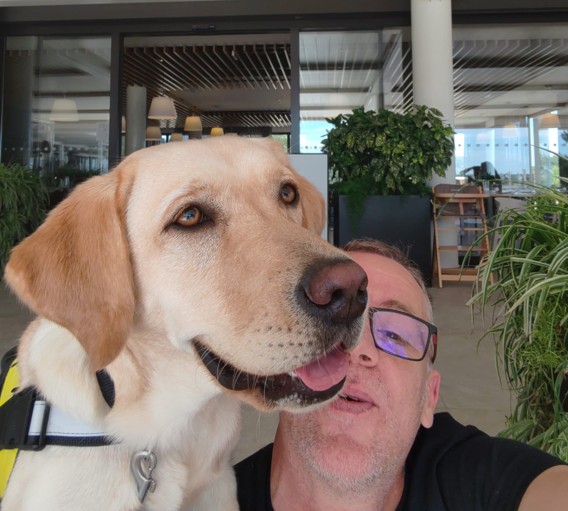
How is this online course delivered?

Course details.
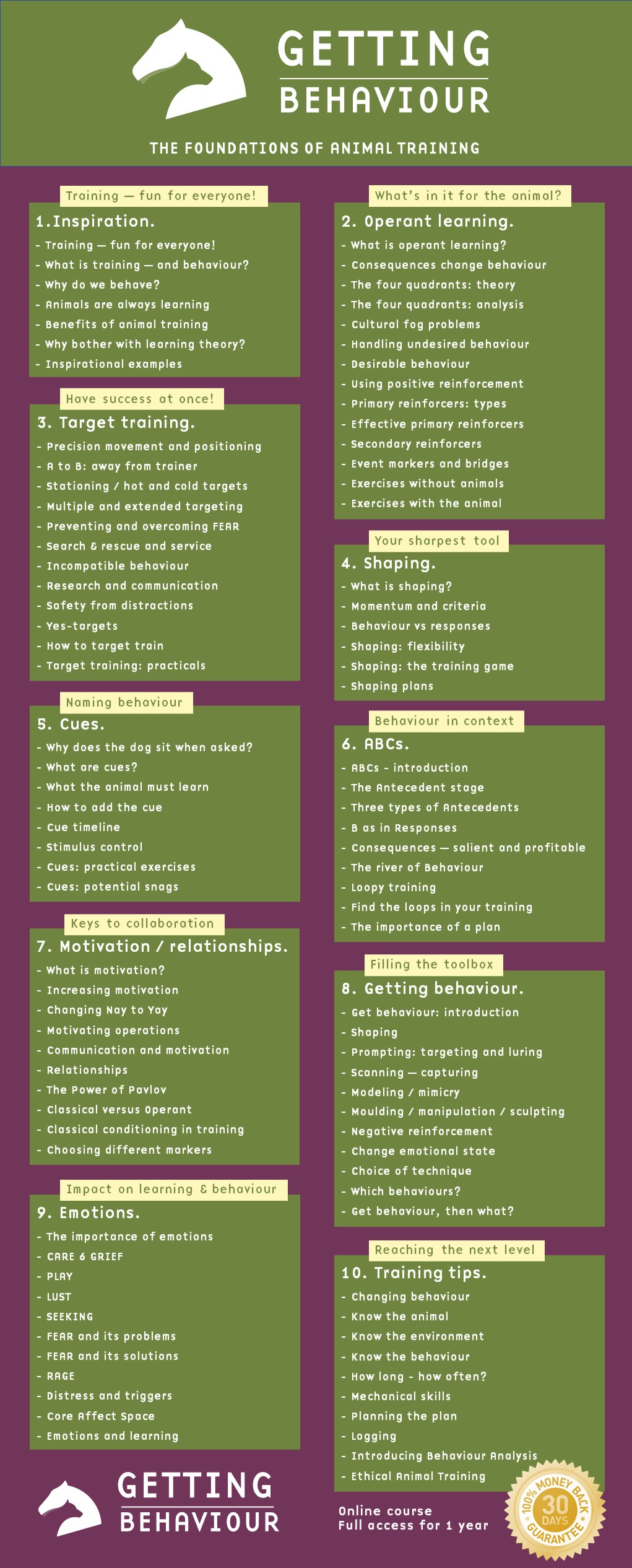
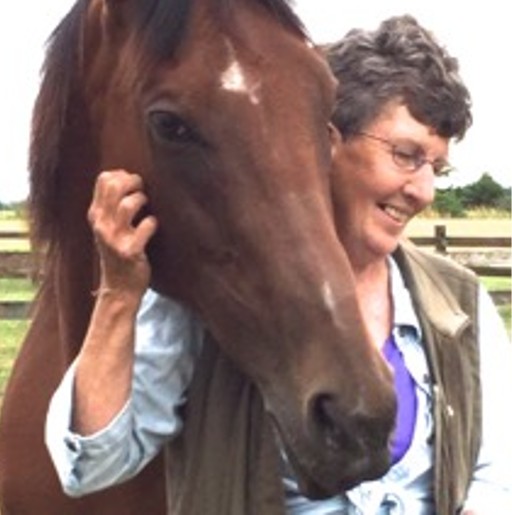
12 bonus webinars!

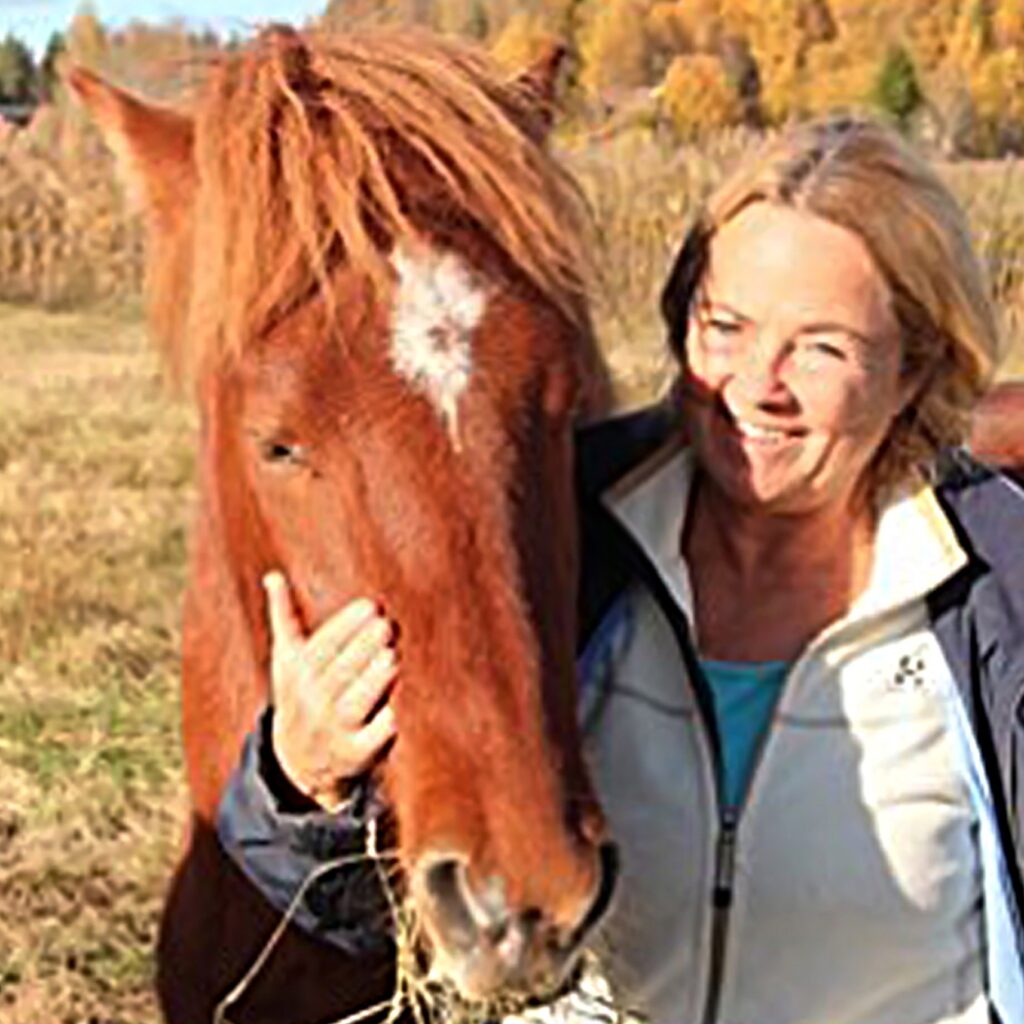
Frequently Asked Questions

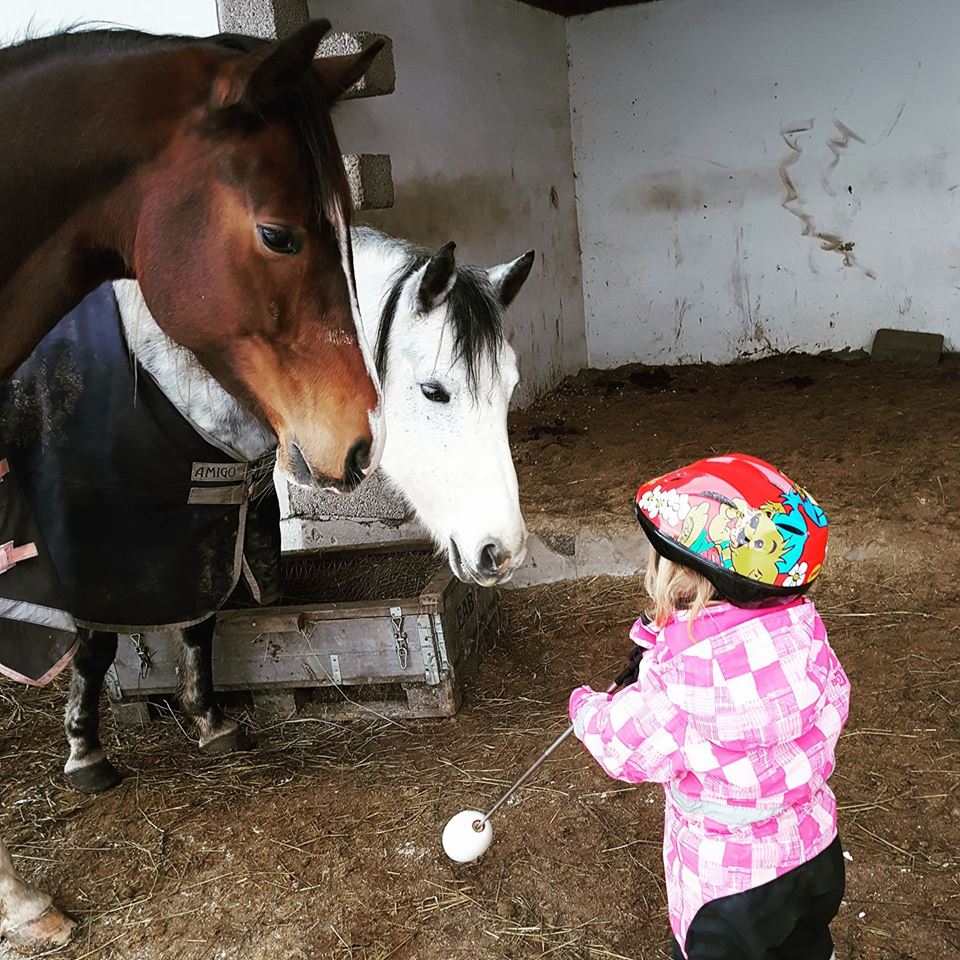
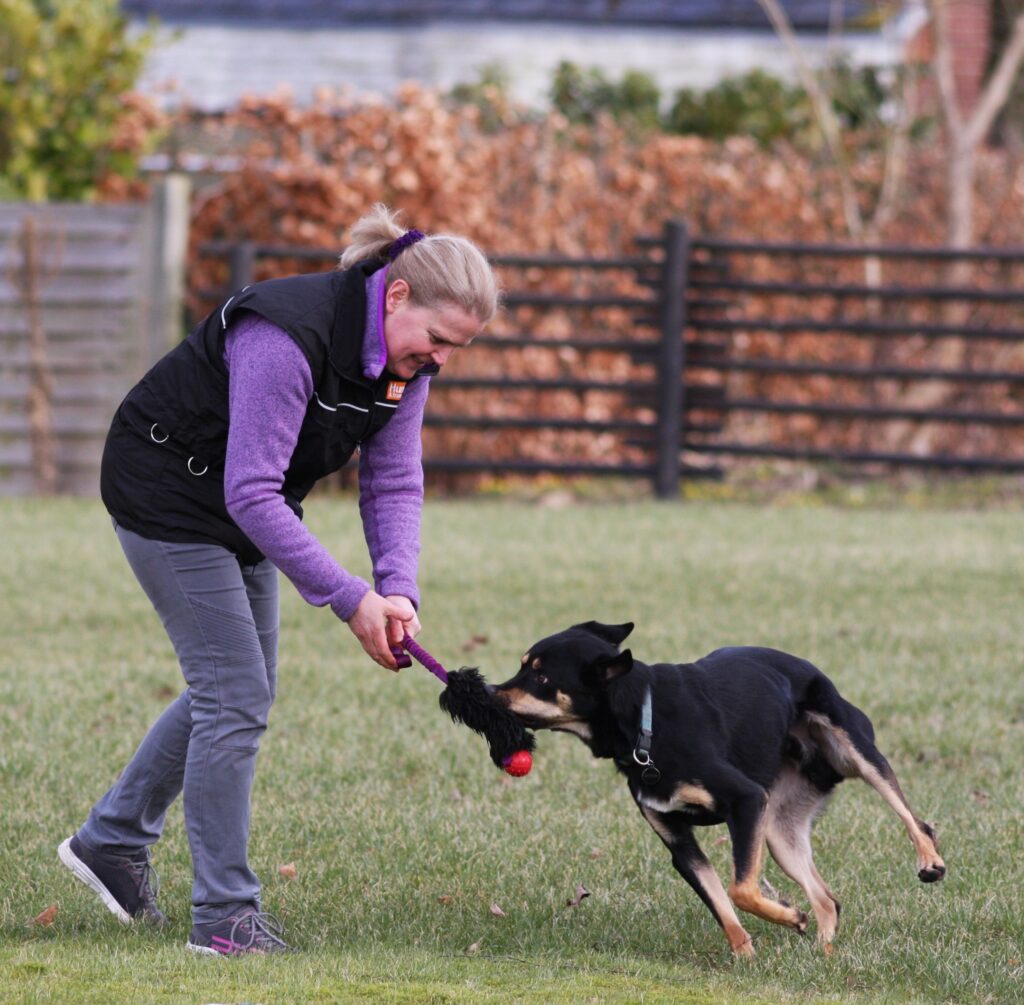
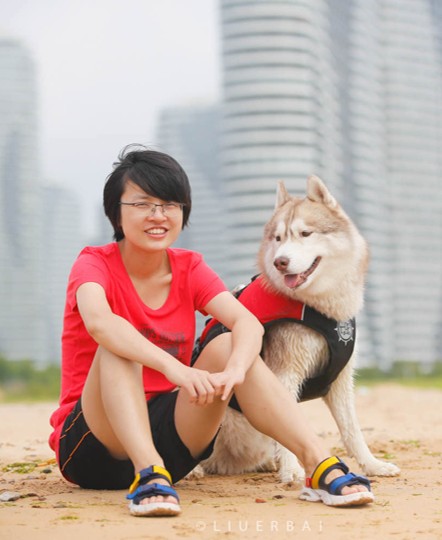
Getting Behaviour – The Foundations of Animal Training
18 replies on “Getting Behaviour – The Foundations of Animal Training”
Good Day Karolina,
I really enjoy your classes and take the free masterclasses and paid for the animal emotions class. I was hopeful that this class would resolve my problems with Bella a 3 year old German Shepherd pup. As such, I realize now that she just needs behavior training. She’s very agressive and dominate and I can’t take her to the vet anymore unless I give her heavy medication to calm her down. Obviously, this is not any option for me. I would be very interested in the training class, but can’t afford it as I am a retired 68 year old woman living alone with this doggie. If I could be granted one of your schorships, it would be greatly appreciated.
Hi Brenda – here’s where you apply for the scholarship! https://illis.se/en/getting-behaviour-scholarships/
I am interested in being awarded a scholarship but do not see the application for this.
Hi Wendy – here it is: https://illis.se/en/getting-behaviour-scholarships/
I want to build a great relationship with my 4 year old cane corso male. I hope this course will help me to understand him and communicate with him in a new way. Therefore I want to become one of your lucky students getting this course for free. This would be a great chance for me and my Kostas getting closer and strengthen our relationship.
Hi Anja! Apply for the scholarship here: https://illis.se/en/getting-behaviour-scholarships/
I am very keen to be awarded a scholarship to further the training of a 1yr old rescue pup and to start on the right path with my second dog, an 8 month old pup, also a rescue, who had a very abusive start in life- permanently chained on a short chain, abused and starving when rescued! She is very bright but has many bad habits- biting, reactive, chasing, aggressive! She is very attached,but has separation anxiety and I badly need assistance – I am in South Africa!
Hi Colleen! Please apply for the scholarship here: https://illis.se/en/getting-behaviour-scholarships/
Good morning,Karolina
I feel inspired by your masterclass and feel as if, finally, I have encountered a course in which the underlying emotional needs of animals are being addressed and understood as having a fundamental impact on the behaviors they manifest!
As a psychologist for many years, it is a fundamental truth to me that the earliest experiences of any baby, be it human or animal, impact directly on developing personality and behavior, and that one needs to understand this, especially, when problems behavours develop, if one is to have any chance of establishing,or healing and restoring, emotional health and wellbeing through developing a sense of security, calm and belonging.
As a person who has had many rescued animals over time, I feel a very strong need, and duty, to ensure that each animal whose trust and attachment I win,I repay that trust as fully as I can .
I believe that further knowledge, insight and your expertise will assist me greatly in what is sometimes a difficult commitment to fulfil.
Hi Colleen, so glad that you enjoyed the Masterclass! 🙂
My name is Audrey. I live in N.E Scotland. I am a dog walker and dog trainer.
I have always felt that and animal’s emotions are an important consideration when training them.
This is something that trainers often miss.
Just because an animal executes a command doesn’t necessarily mean it is genuinely happy to do so.
I feel this is particularly prudent when “balanced” training is used,where the animal is often coerced into obeying.
The majority of local trainers are balanced. I would like to offer an alternative.
This would improve the lives of many local dogs and spread the word of compassionate training.
I currently walk several reactive dogs whose owners are on a restricted budget. On completing this course I would be able to assist them in being less fearful.
I would also like to start not for profit kids training classes. This would set up the next generation of dog owners in the area for a more nurturing relationship with their pets.
I have always tried to communicate with animals in my care to understand their feelings in the situation.
This course would enhance my ability to do so.
I have always lived by the philosophy that riches come from within, my fee structure reflects that,so I am not in the position to purchase a course at this time.
I am a single working mum and would love the opportunity to learn more about the minds of all creatures.
Hi Audrey, this is where to apply for the scholarship: https://illis.se/en/getting-behaviour-scholarships/
Hi,
I’ve been living, working with dogs and dogpeople since 1992. I’ve trained guided dogs for the blind, teach puppyschool, trained my own dogs in agility, dogdance, hoopers, obediance…but I’m always eager to get more insights, tips and tricks to add to my teaching class and my relationship with my dogs. I live alone now on a tight budget, I can’t affort to pay for the course. I would be very greatfull if I could get the scholarship to your course…
Hi Gerda, this is where you apply for the scholarship: https://illis.se/en/getting-behaviour-scholarships/
How do I apply for scholarship
I’m interested in taking your program but have committed funding to a different program before I found yours
Kathy Currie eyers
Hi Kathy, unfortunately the scholarship option has closed – so sorry!
Maybe next time, now that I have found you I will keep following
🙂 *see* you in the next Masterclass, then! 🙂